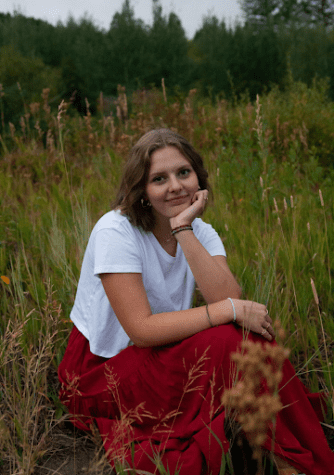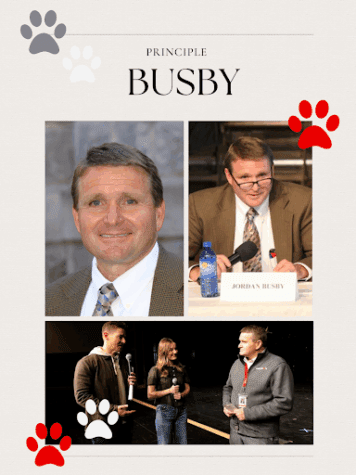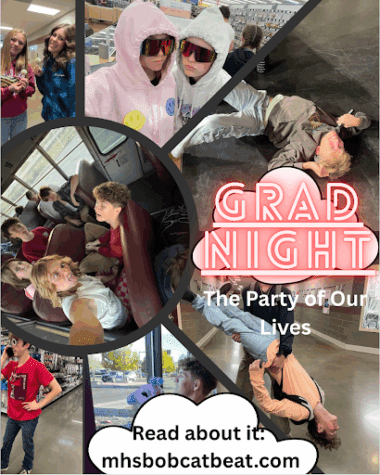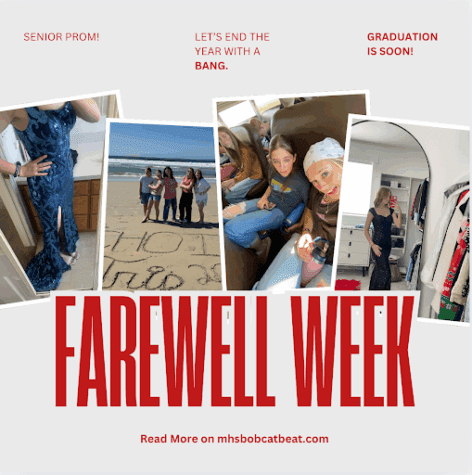MHS Student shares feelings of Holocaust Remembrance Day
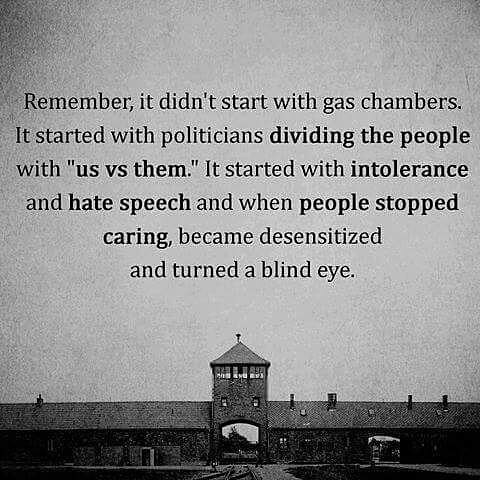
Courtesy Google Images
Story by: Hannah Liddiard
Holocaust Remembrance Day (or Yom HaShoah in Hebrew) began on the evening of May 4 and continued into the evening of May 5. People around the globe have gathered together to remember and honor the millions of victims.
What exactly is the Holocaust? According to the United States Holocaust Memorial Museum, it is “(The Holocaust was) the systematic, bureaucratic, state-sponsored persecution and murder of six million Jews by the Nazi regime and its collaborators.”
The horrific events that took place still haunt many today. The few survivors left live on to tell their stories of their lost loved ones. This is why it’s so important that we continue to remember. It is our job to make sure nothing like that outrageous event ever happens again.
Here at MHS, we have an entire class dedicated to the Holocaust. Mr. Reeser, the creator and teacher of the Holocaust and Human Rights class explains why.
“I don’t know, actually, where the idea came from … As a teacher, I would teach it a little bit, and I just noticed my students were, maybe it’s because they had similar ideas that I did, they were just fascinated by this incredibly horrific thing that happened and I had their attention better than I had ever had their attention before and so I thought there’s something here.”
One of the key things the class itself focuses on is the individual. As I myself have studied this matter, both through the class and my own readings, I find that it’s very easy to get lost in the numbers. It’s easy to focus on the blood, gore and the physicalities of it all.
People today forget that they were people. They had lives. They had families and jobs. They had futures and they had opinions. They were children who played games. They had friends, they had teddy bears and dolls, things that were all ripped away from them.
It’s devastating to realize that there is millions of stories left untold, lives left unlived. They’re simply now a name on a list, on a memorial.
It is not only our duty to remember these people, but it is also our duty to make sure nothing like the Holocaust ever happens again.
That is one of the things Mr. Reeser hopes to accomplish with his class.
“I think because there’s similar things that have happened. There’s similar things that are happening now. You see the events in Syria, we see events even closer to home, where people act unjustly towards others, where people use stereotypes. Uh, they try to justify their views of people based on stereotypes and they treat them poorly and they discriminate against them and it’s the same exact thing.”
Mr. Reeser continued to talk about how this could occur again in society.
“The Holocaust is the perfect example of when those things were not checked at some level. There were enough people who turned away, they weren’t enough people who tried to assist, so they (the Nazis) were allowed to run it clearly to its coarse of genocide. And, if we don’t learn those lessons, it can happen again. Because, as Primo Levi, a holocaust survivor said, ‘It happened. Therefore, it can happen again.’”


